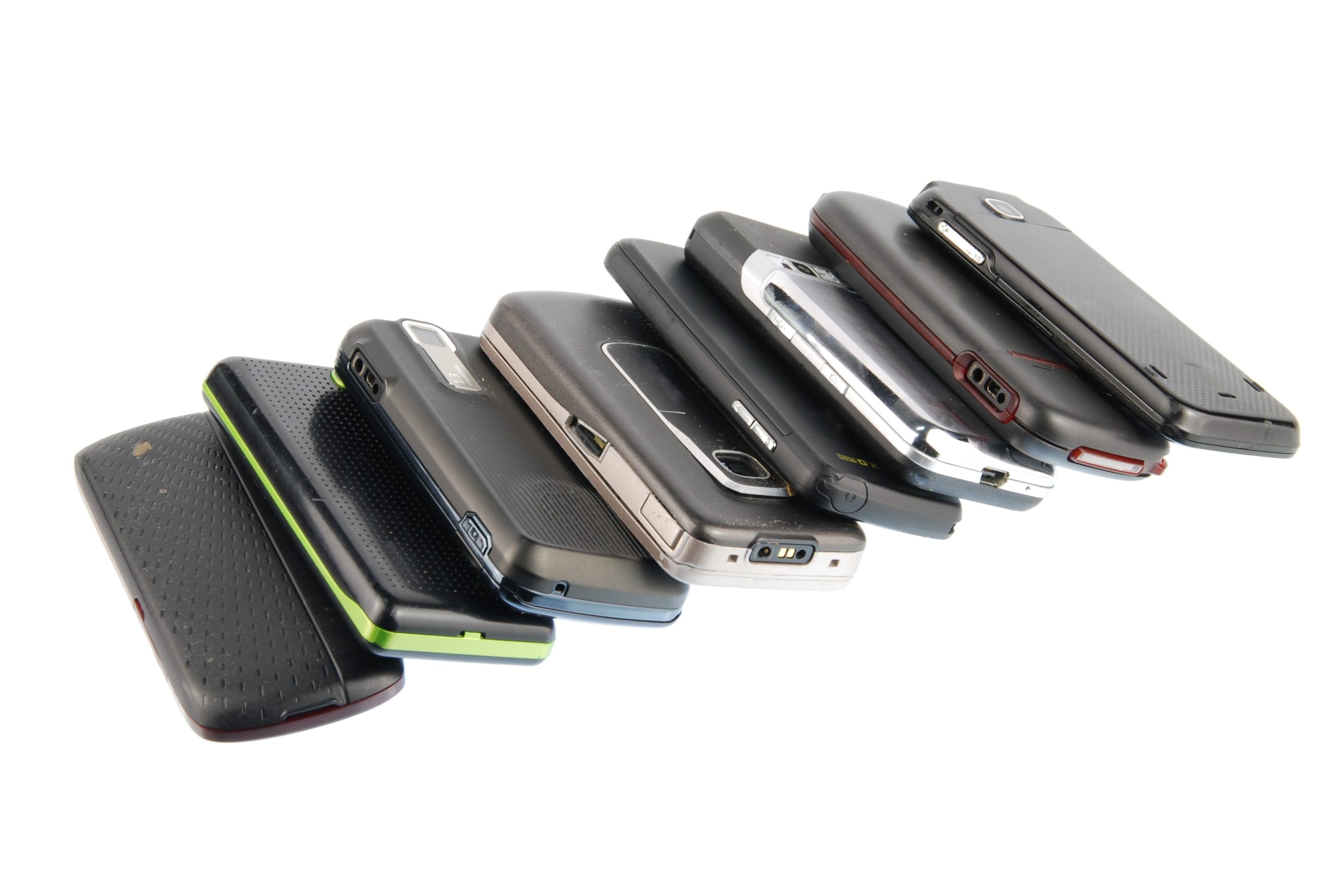The Economics of Consumer Electronics:
Taking Charge of Our Choices
Aug 22, 2023
In the age of rapidly evolving technology, it’s not uncommon to find ourselves upgrading our electronic devices more frequently than we replace our pantry items. Have you ever wondered why the shelf life of your gadgets seems shorter than that of your groceries? In this article, we’ll explore this intriguing phenomenon and delve into the economic implications of our consumption habits.

The Illusion of Obsolescence
When electronics were first introduced into our lives, the promise of longevity and durability was a key selling point. Unlike mechanical components, electronic devices were expected to stand the test of time. However, the reality often falls short of these expectations, with many gadgets finding their way to electronic waste centers while still functional.
So, why does this happen? The immediate answer might be the breakneck speed of technological advancement. But a closer look reveals a more complex picture. The competitive nature of the technology industry, driven by the pursuit of higher profits, has played a significant role in the shorter lifespans of our devices.

The Role of Technological Progress
It’s important to note that this isn’t a debate about the ethics of corporate behavior, but rather an exploration of our individual roles in this cycle. The question arises: Are we mere spectators, or can we actively influence this trend?
While the pace of technological progress is largely driven by the industry, we, as consumers, hold a significant card in our hands. The demand for frequent upgrades and new products is what fuels the cycle of rapid obsolescence. Imagine for a moment if we collectively chose not to upgrade our devices for a year. This simple action could send ripples through the industry, forcing companies to rethink their strategies.

The Power of Consumer Choice
Our consumer choices wield considerable influence. When demand slows down, companies respond with enticing discounts and promotions to entice us to buy. Competition further amplifies these offers. This isn’t a call to bankrupt corporations; rather, it’s a suggestion to exercise our agency as consumers.
By consciously controlling our consumption and tempering our demand for constant upgrades, we can play a pivotal role in shaping the pricing dynamics of goods and services. Our pockets would benefit as we retain a larger share of the profits that often flow to these tech giants

Balancing Progress and Sustainability
Of course, we’re not advocating for a complete halt in technological progress. Our lives have undeniably been enriched by modern advancements. Rather, we’re advocating for a balanced approach, one where we harness our purchasing power to encourage sustainable practices.
This shift in mindset could have positive effects beyond just our wallets. A decrease in overall consumption could lead to a more sustainable use of resources, potentially alleviating some of the strain on our planet. As we witnessed during the pandemic, reduced demand allowed the Earth to breathe a little easier.

Embracing Change for a Better Future
In a post-pandemic world, where the immediate threat has subsided, it’s time to reflect on the positive aspects of the changes forced upon us. By taking control of our consumption habits, we not only impact our own financial well-being but also contribute to a more sustainable and balanced global ecosystem.
Let’s be active participants in the economic equation, shaping the future by the choices we make today. As we enjoy the blessings of this forced pattern change, let’s keep in mind the power we hold as consumers to influence the direction of technological progress and, in turn, create a better future for ourselves and the planet.
